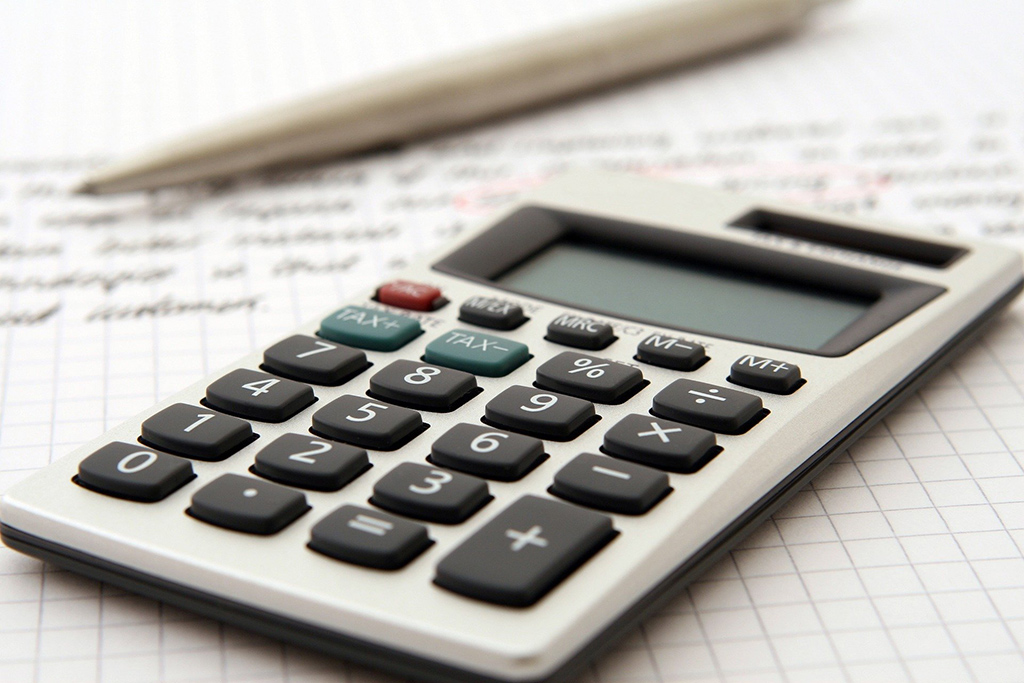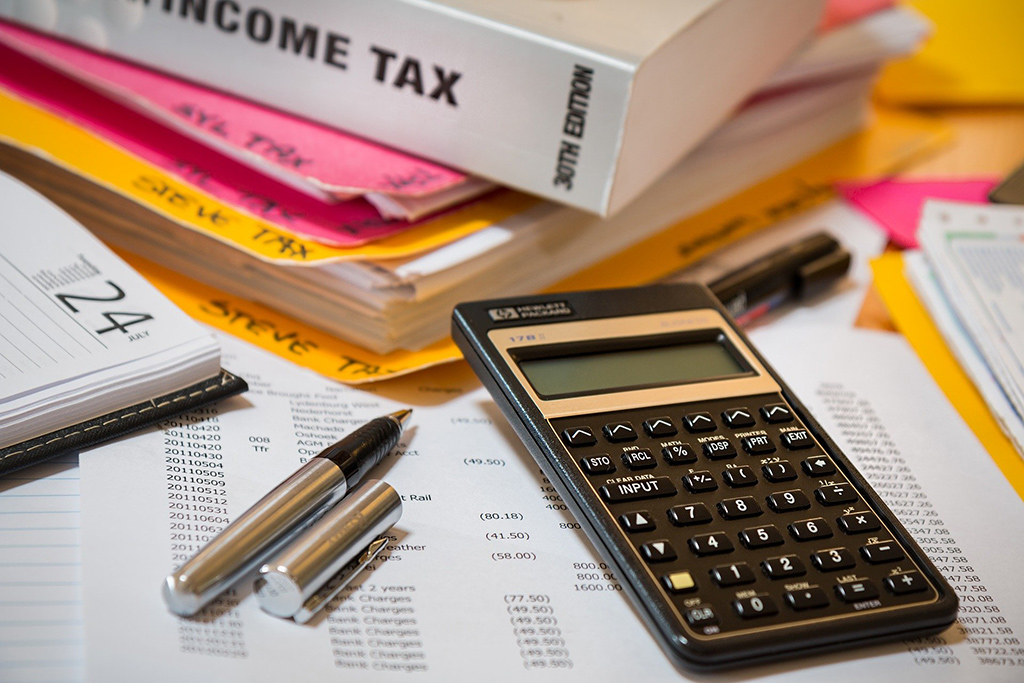
3 Ways to Determine the Value of a Business
To determine the value of your business you need clean financials, reliable multiples, and accurate assumptions. A trained business broker can use this information to prepare a broker’s opinion of value, also known as a business valuation. There are numerous valuation techniques. Three of the most common are described below:
1. Market Comparable Method
This business valuation methodology looks at similar businesses that have sold and uses that transaction data to derive multiples of revenue, EBITDA, EBIT, and seller’s discretionary earnings or SDE. The data set needs to be statistically relevant in order to be reliable. There are several sources that provide this data. Valuation professionals, including business brokers, have access to this data and use it regularly to determine the value of your business.
2. Multiple of Discretionary Earningstion
We refer to this valuation methodology as the “ratings and weighting’s” methodology. This methodology takes a composite number derived from a number of industry, market, and business factors and multiplies that number by the Seller’s Discretionary Earnings (SDE). The advantage of this methodology is that it accounts for the uniqueness of a business. The disadvantage is the subjective nature of the appraiser’s ability to “rate” and “weight” the relevant factors with accuracy.
3. Buyer Test Method
This valuation methodology turns the tables and looks at the business value from the perspective of the buyer. The inputs and variables that go into the formula include such things as required rate of return on investment, amount or money for down payment, loan amount, interest rate, term, debt coverage service ratio, and the owner’s salary. The end result is a number showing how much the buyer can afford to pay for the business.






